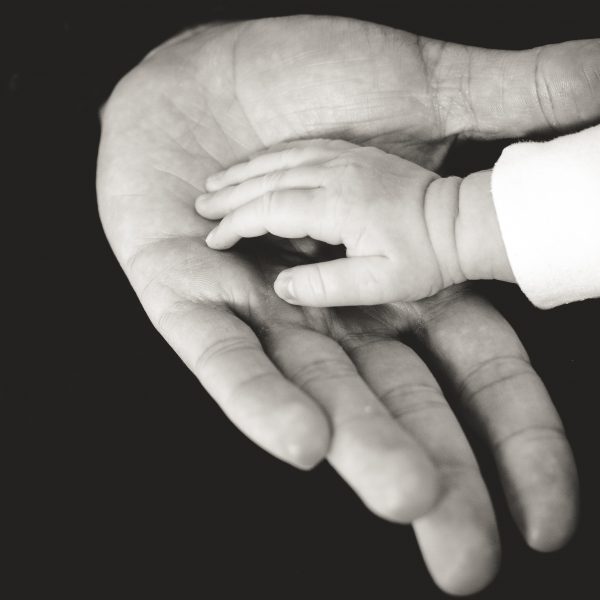Positive signs Australia’s approach to mental health is changing

Nelson Mandela famously once said children are ‘our greatest treasure’ and our future. While our national conversation about adult and teen mental health and wellbeing has made significant advances over the past decade, until recent years, children have largely been left out of the dialogue.
But the COVID-19 pandemic and its associated lockdowns, along with bushfires and floods, have helped change that, deepening Australia’s resolve to assist today’s children for a better tomorrow.
We know that in addition to these incidents, a number of other factors can threaten a child’s sense of safety and stability, and the parent-child bond that underpins a child’s emotional wellbeing.
Adversities caused by financial stress, unemployment, drug and alcohol use, family and domestic violence, sexual abuse, death, divorce and more can conspire against every parent’s intention to do the best they can for their child.
International experience tells us that prevention and early intervention play a critical role in reducing the onset and severity of mental illness and can change the mental health trajectory of a generation. It’s vital that in this increasingly connected yet fragmented world, those who work with families – the educators, nurses, social workers, doctors, psychologists and counsellors – not only understand what impacts an infant and child’s mental health, but have the confidence to identify early warning signs of mental health difficulties.
That requires building awareness, knowledge and understandings of infant and child mental health.
Since 2017 there has been a dedicated focus on analysing knowledge and skills gaps amongst
Australian professionals working with families, and using international experience to develop
evidence-based resources and training to build understanding.
I am pleased to report that as 2021 draws to a close, the appetite for understanding the impact
adversity has on a child is growing. Change is gaining pace. Tens of thousands of professionals are undergoing training to learn how trauma and adversity affect a child, and what they can do to support those infants, toddlers and children who may be at risk.
Within a few short months of engaging with our resources, these professionals say they are better equipped to identify and support at-risk children and their families.
Not only are practitioners reporting greater confidence in talking to parents about risk factors and their possible impacts on children’s mental health; increasing numbers are proactively raising children’s mental health challenges with parents and other professionals.
And as more practitioners talk to parents about these challenges for their children, it’s driving their practice and service operators to pivot towards supporting infant and child mental health.
These are early and promising signs that recognising trauma as a factor to consider when working with children and parents is occurring, and that we are changing how we support vulnerable children and their families.
As awareness, understanding and intervention continue to grow, what will become even more
important is the availability of services to support children and their families. Australia’s National Children’s Mental Health and Wellbeing Strategy – proudly a world-first – will complement the knowledge practitioners are currently building.
The strategy will deliver services that better meet the needs of children and families through a multi- faceted, collaborative approach encompassing children, parents, carers, educators, and practitioners along with the systems, services and policies that govern them.
Already organisations ranging from the Red Cross to Beyond Blue, along with state public sector child protection programs, are introducing a trauma-informed practice framework to their work with families.
This collaborative approach demonstrates that system reform is possible when there’s a
commitment to affecting real change.
Our children – our treasure as Mandela said – deserve this change. Together, we can create a better future for them and the generations that follow.
Brad Morgan is director of national infant and child mental health advocate Emerging Minds, and its National Workforce Centre for Child Mental Health. The Centre produces free evidence-based training to practitioners working with families, including online courses and programs, webinars, and podcasts to build professionals’ capability to support infant and child mental health.
Visit www.emergingminds.com.au to learn more
Popular

Policy
Practice
Provider
Quality
Research
Workforce
Beyond the headlines: celebrating educators and the power of positive relationships in early learning
2025-07-07 10:00:24
by Fiona Alston

Quality
Practice
Provider
Workforce
Reclaiming Joy: Why connection, curiosity and care still matter in early childhood education
2025-07-09 10:00:07
by Fiona Alston

Workforce
Policy
Quality
Practice
Provider
Research
ECEC must change now, our children can’t wait for another inquiry
2025-07-02 07:47:14
by Fiona Alston












